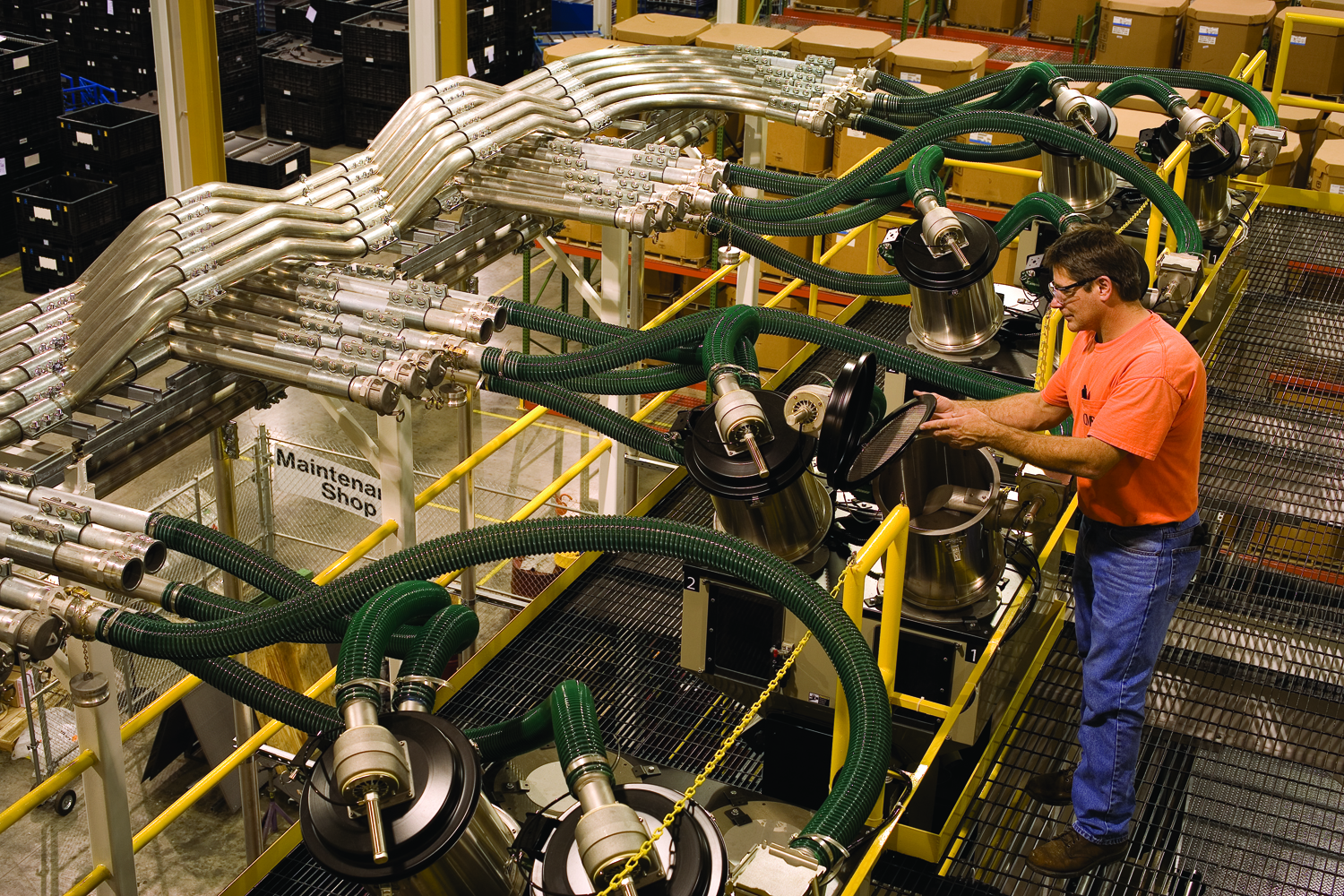About 70 percent of the earth’s surface is water, but clean, fresh, potable water is increasingly scarce. A team of Penn State students is at work on a solution that could address “the global water challenge that faces humankind,” says Abhishek Kar, a Ph.D. candidate in chemical engineering.
Their project recently won the $10,000 grand prize in the Dow Sustainability Innovation Student Challenge Awards at Penn State, enabling the team to continue its research with an eye towards commercialization. Their approach is to introduce “micropumps” — micro-particles that help boost the yield of clean water extracted from sea and wastewater via reverse osmosis, a widely-used technique.
Reverse osmosis systems use a semi-permeable membrane to desalinate seawater and treat wastewater. Common problems with reverse osmosis include fouling and concentration polarization; this reduces the amount of potable water produced. The micropumps act like a chemical Pac Man, swarming to eliminate those problems and increasing the yield. According to Kar, this approach could have major social and economic impacts as well as commercial potential.
With the Dow win, the team (graduate students Kar, Rajarshi Guha, Hasin Feroz and Yuxi Meng, with faculty advisors Manish Kumar and Darrell Velegol) is continuing testing and beginning to design an element that could be incorporated into reverse osmosis systems. The grant gives the team the opportunity to continue work “on something we really believe in,” says Kar. “Something of a global nature.”
